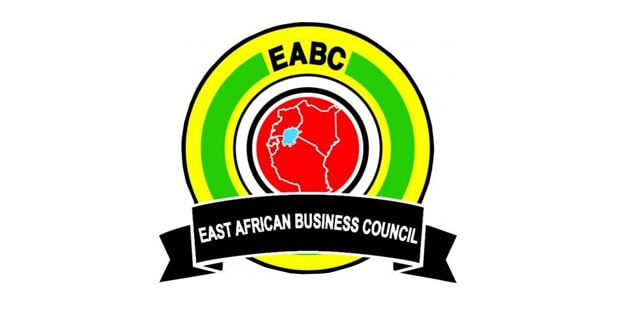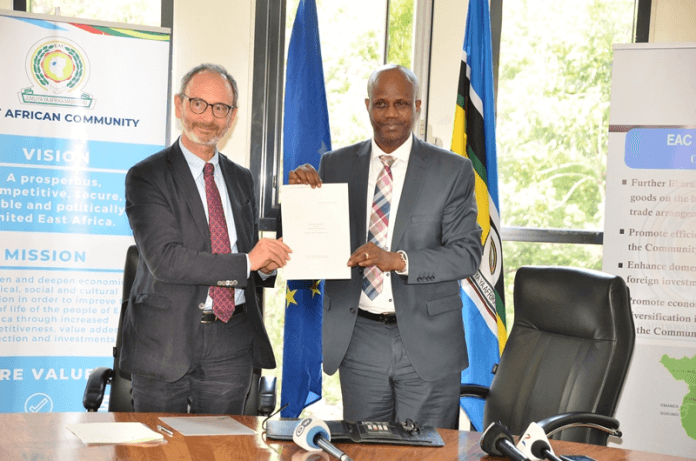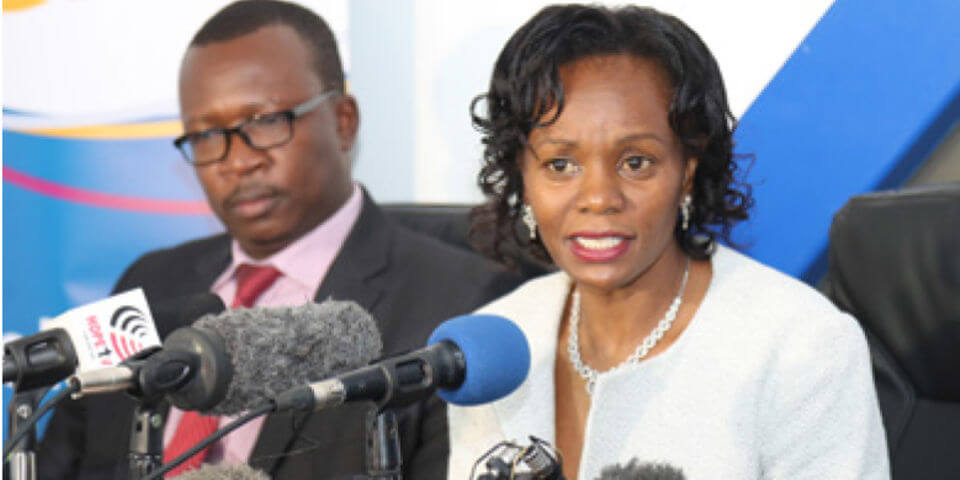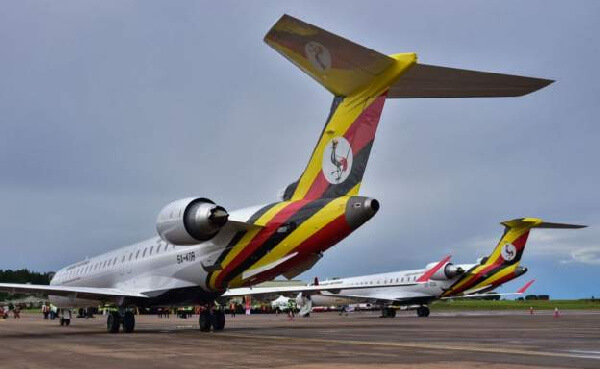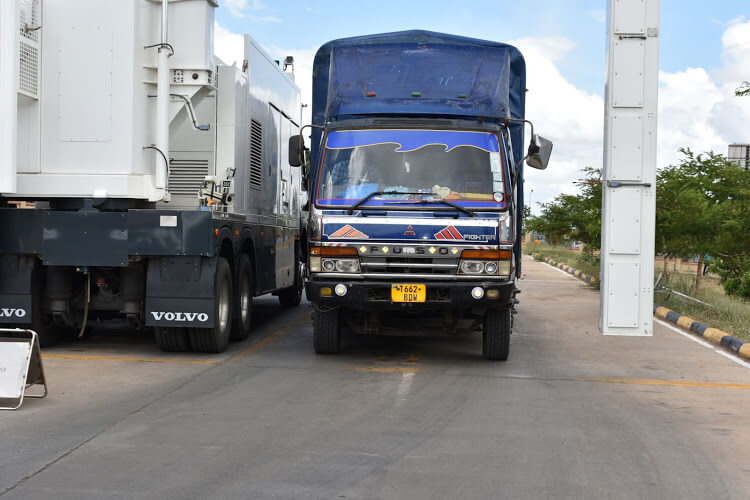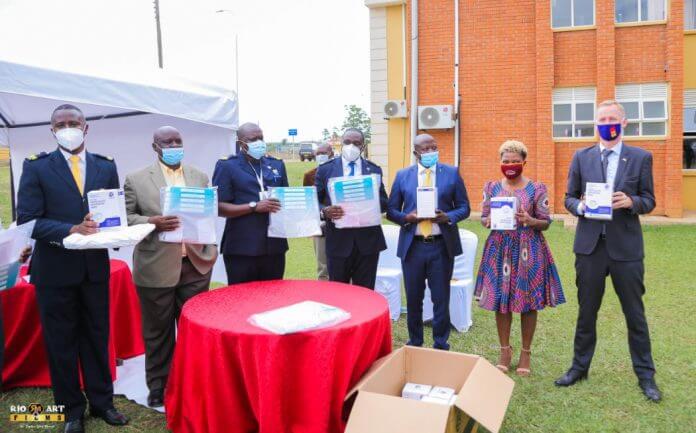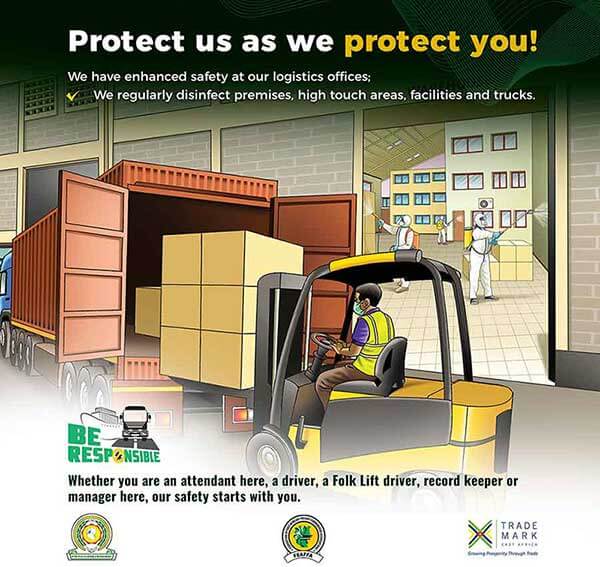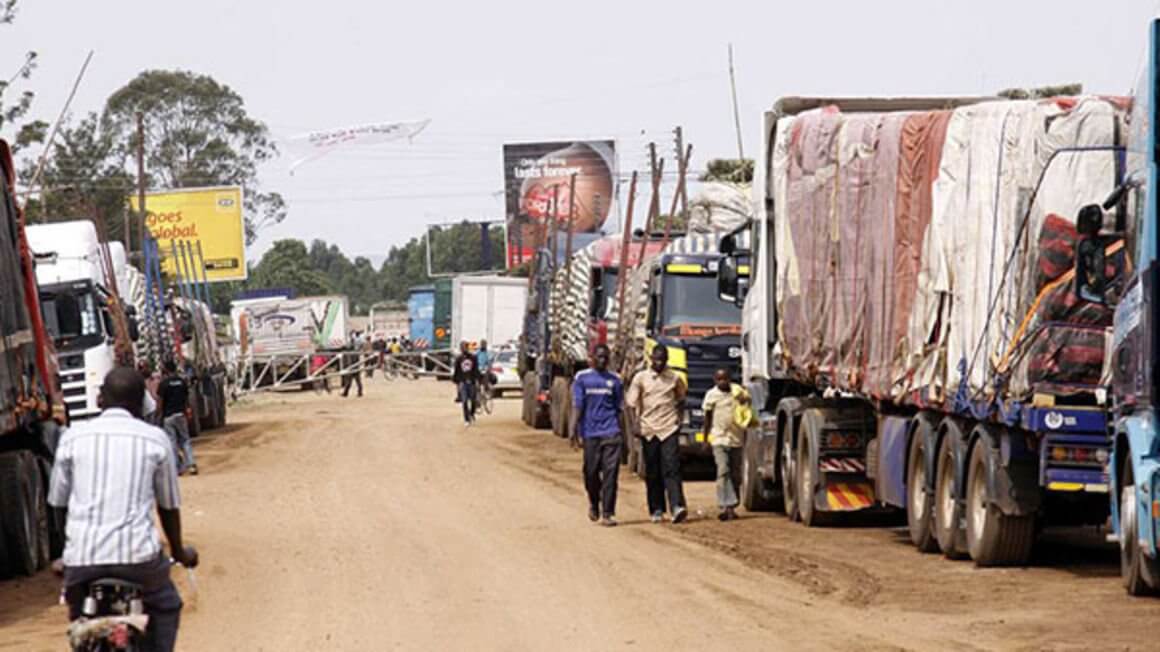In Summary The report finds that the region provides a good resource base for the production of hides and skins. Despite East Africa currently having a monthly demand of about 600,000 pairs of industrial shoes, production is only about 60,000 shoes per month. East African partner states are losing out billions of dollars by inadequately investing in adding value to horticulture and leather goods produced in the region, according to a recent report by EABC. Dubbed ‘Building the Leather, Fruits and Vegetable value chains in the East African Community’ the report finds that the region provides a good resource base for the production of hides and skins, having over 188.1 million livestock. Despite East Africa currently having a monthly demand of about 600,000 pairs of industrial shoes, production is only about 60,000 shoes per month. The report indicates that the EAC region processes leather up to wet blue stage with a minimal transformation to finished leather. On the international market, the price of finished leather costs about $5(Sh542) per square feet, while the wet blue is sold at $1.5(165) per ft². This suggests that the EAC, which exports mainly wet blue, loses as much as $3.5 (Sh379)per ft². This implies that the EAC in effect lost close to $3.2billion(Sh347.2billion) in the last 4 years, (from 2014-2018). “The leather industry has protracted due to the high presence of imported used footwear as well as synthetic shoes,” said EABC CEO, Peter Mathuki. He added that the imports are priced way below the...
EAC region losing export earnings due to low-value addition of products
Posted on: October 13, 2020
Posted on: October 13, 2020

